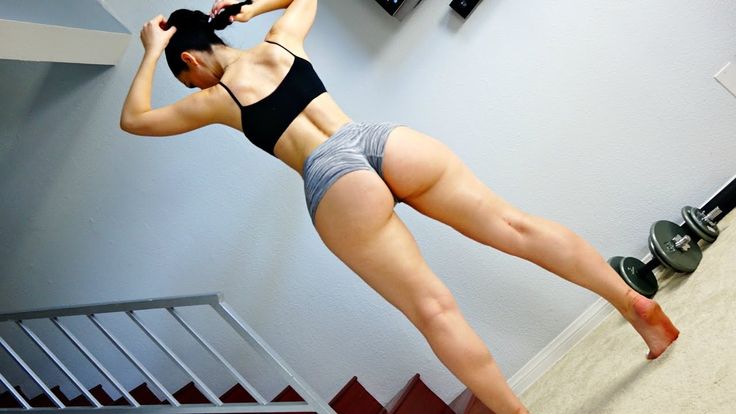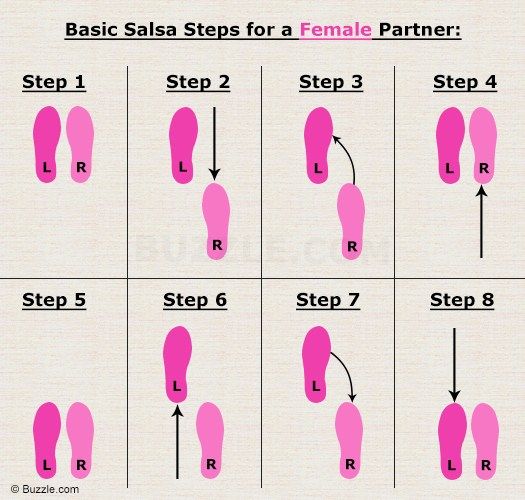How to practice tap dance at home
Tips for Tap at home: Tap Board DIY
Whether you are taking a tap class virtually, or just want a place to practice your steps, a tap board is a great tool to invest in and can greatly improve your at-home tap experience! While there are many expensive options online to purchase a ready-made tap board, it is super simple and affordable to DIY your own board. I have sourced a few products below through Home Depot, but I am sure the same products are available at other hardware stores.
Easiest (and cheapest) DIY tap board:
Owning a tap board can be as simple as buying a piece of plywood. This allows your dancer to still practice in their tap shoes at home without ruining any hardwood floors! A 4 ft x 8 ft board of plywood is pretty standard, however you can find larger sizes or ask for a piece to be cut in half (4 ft. x 4 ft.) to accommodate your space. Regardless of the surface area of your board, you will want at least ½ inch thickness. A 1 inch plywood will be more durable whereas anything thinner than ½ inch will be pretty flimsy. Also consider how often you will be moving the floor, as they can get pretty heavy with greater thickness.
Improved tap board:
If you have any craft family members, there are a couple of easy ways to improve on the simple plywood piece. These improvements will give your tapper better sounds and make dancing on it more comfortable.
Cushioning: By adhering a cushioning layer to the bottom of your plywood, the board will have a little more give and be a bit easier on your dancer’s joints. An easy option is the interlocking play mats (which you may even have laying around at home already). These are 2 ft. x 2 ft. so it is easy to line these up your piece of plywood. Attach the mats by first interlocking and gluing the mats together to the appropriate size, then glue them to the bottom/rough side of your
plywood piece. Gorilla Glue or Liquid Nail Subfloor Adhesive works great for this. It is important to make sure the mats are pressed firmly into the wood (use books or other weights) so they adhere completely.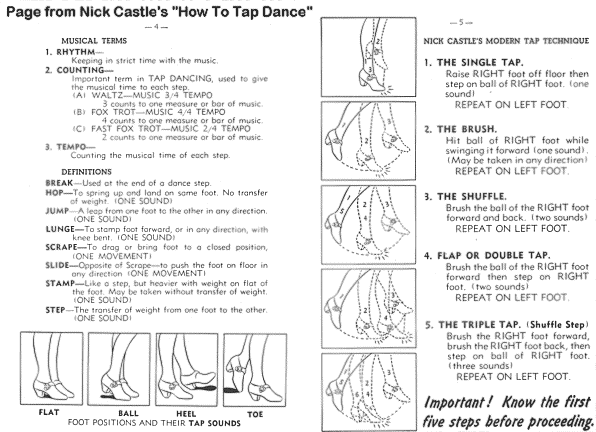 Use lots of glue and let it dry overnight.
Use lots of glue and let it dry overnight.
Interlocking mats can be found here!
Top coat or laminate layer: If your tapper is using the board frequently, there is a good chance they will start to chip the board with use. One option is to add a layer of interlocking laminate to the top of your plywood, gluing it on as you did the interlocking mats above. When selecting a laminate flooring, you will need to ensure you measure the size of the interlocking pieces to fit the size of your board, and that the pieces fit together snug. You do not want any ridges or spaces between the laminate pieces as it is really easy for your tapper to trip on these when their taps catch on them. To avoid this, another great option to reduce chipping is to paint a wood finisher onto your plywood. Make sure to follow the instructions on the polyurethane, cleaning the board with a dry brush and then allowing each layer to dry and cure. This takes a bit longer, as you will likely want to do multiple layers for good protection.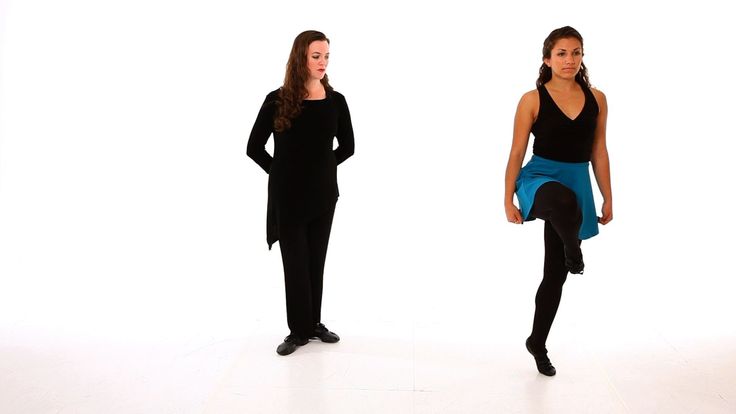
Get the goods:
Laminate Flooring
Varathane Polyurethane
Keep dancing!
About the Author: Miss Lauren is a dance teacher with Flexpointe Studios Inc. This summer she’s taking her tap classes outside! We hope you’ll DIY up your own tap board and join her.
How To Make Your Own Practice Board for Tap Dancing
How to Make Your Own Home Tap Dancing Floor | Instructions for Making a Tap Dancing Floor
| A Note From Kathie: Kathie Walling, Editor Tap Dancing Resources | Contact Kathie | | | Instructions for making your own home-size tap dancing floor. The most basic home practice floor is simply a piece of plywood. Most Basic Home-Made Tap Floor Improved Home-Made Tap Floor Sebastian's DIY Tap Floor Cassandra's Tap Dancing Practice Floor Double Zero "Tap Floor DYI" Instructions Discussion About Home-Made Tap Floors: Heather Happens "DUYI Dance Board" Video Kateire "Build Your Own Tap Dance Floor" Video More About Dancing Floors Products for Tap Dancers Regional Tap Dancing Resources All Tap Dancing Resources See also | | Amazon Ad Tap Events: Tap Festivals Tap Worlds Tap Dance Day Practice Tool Online Metronome Follow Us On Social Media
Tap Shop Tap Shoes Amazon Ad |
| | Argentina | Armenia | Australia | Austria | Belgium | Brazil | Bulgaria | Canada | Cayman | Chile | China | Colombia | Costa Rica | Croatia | Cuba | Czech Republic | Denmark | Dominican Republic | Egypt | Estonia | Finland | France | Germany | Greece | Guatemala | Honduras | Hong Kong | Hungary | India | Indonesia | Ireland | Israel | Italy | Japan | Korea | Latvia | Lithuania | Malaysia | Mexico | Mozambique | Namibia | Netherlands | New Zealand | Norway | Peru | Philippines | Poland | Portugal | Russia | Serbia | Singapore | Slovakia | Slovenia | South Africa | Spain | Sweden | Switzerland | Thailand | Turkey | Turks Caicos | Uganda | Ukraine | United Kingdom | United States | Vietnam | | | Topics Awards Classes Dancers Ensembles Events Regions | | Products Tap Shoes E-Classes Accessories Books Suppliers Products Menu | | Follow Us Tap Dance Blog Facebook Group Facebook Page Twitter Feed |
How to learn to tap dance
Home Male and female Teaching How to learn to tap dance
Content of the article:
- 1 Fundamentals of the execution of the leaks
- 2 Success Secret
- 3 The main elements in the dance
- 4 Rhythms of leaks
The basis for the execution of the leaks
Chemisting is the main foundation for which the steps are considered to be tucked up by gender.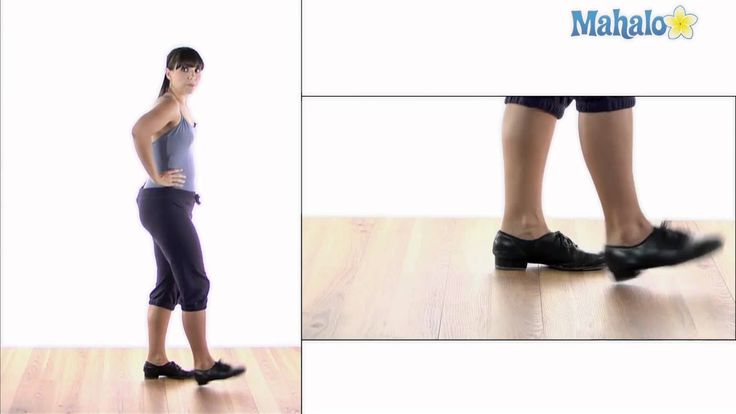 Simply put, it is music played with the feet. Each time the celebrity of this dance only increases. It is compared with the Irish jig, because the tap-dancing rhythm is also of paramount importance there. nine0024 In order to start tap dancing, you need to buy special comfortable shoes for this. It should be in the form of shoes with metal heels. It is also important that the flooring is solid. This is necessary for a clearer sound of heels.
Simply put, it is music played with the feet. Each time the celebrity of this dance only increases. It is compared with the Irish jig, because the tap-dancing rhythm is also of paramount importance there. nine0024 In order to start tap dancing, you need to buy special comfortable shoes for this. It should be in the form of shoes with metal heels. It is also important that the flooring is solid. This is necessary for a clearer sound of heels.
Tap dance shoes can be purchased at a specialty store or made to order at any shoe repair shop. It is important that the shoes fit well enough on the foot. Very tight shoes will rub the foot, causing discomfort, and also further lead to foot deformity. Too loose shoes can lead to injury. nine0024 For such a dance, it is better to choose a place to practice in advance. It is best to dance outdoors on a special platform. It is important that there are no foreign objects nearby. This will improve the quality of classes, because swings and turns require a lot of space. It is advisable to tap dance under the guidance of an experienced master who can teach correctly and point out shortcomings. You can also learn to tap dance on your own. You should not engage in tap dancing in a multi-storey building, because it will cause negativity among the neighbors. It is best to do this in a special sports club. Suitable for any hard surface floor. Linoleum or carpet should be avoided, such coatings interfere with sound. nine0024 After the theory is mastered, you can move on to practice. If the classes will be held at school, then for clarity, a lesson will be shown with step-by-step instructions on how to start tap dancing. Then you need to slowly begin to repeat after the instructor, alternately performing each element of the dance. Performing everything slowly but clearly, you can quickly memorize the main elements of tap dancing.
It is advisable to tap dance under the guidance of an experienced master who can teach correctly and point out shortcomings. You can also learn to tap dance on your own. You should not engage in tap dancing in a multi-storey building, because it will cause negativity among the neighbors. It is best to do this in a special sports club. Suitable for any hard surface floor. Linoleum or carpet should be avoided, such coatings interfere with sound. nine0024 After the theory is mastered, you can move on to practice. If the classes will be held at school, then for clarity, a lesson will be shown with step-by-step instructions on how to start tap dancing. Then you need to slowly begin to repeat after the instructor, alternately performing each element of the dance. Performing everything slowly but clearly, you can quickly memorize the main elements of tap dancing.
The secret of success
For a good mastering of the tap dance movements, you need to train every day for half an hour.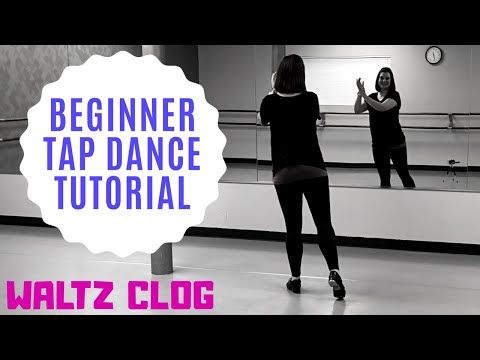 Additional classes also do not interfere. You can simultaneously master some other dance, for additional physical training. nine0006
Additional classes also do not interfere. You can simultaneously master some other dance, for additional physical training. nine0006
The basic elements of the dance
All the basic elements of the dance are formed with the heel, toe and swing. Legs can be crossed, legs are swung, the toe can alternate with the heel. U-turns and jumps also look skillfully, with which leg swings are made. Turns are performed with the help of a sock, which is placed on the heel. And all this is done at a fast pace. The main thing here is that the leg stance must be performed correctly and at a certain slope. Movement must be precise. nine0024 First you need to learn everything separately, each element. The main thing is the rhythmic step. Then there are 4 main movements. To execute the first brush element, you need to hit with your heel, putting your foot forward, and then put your foot back, hitting with your toe. Ball-change consists of performing a kick with one leg and subsequent kicks with the other leg.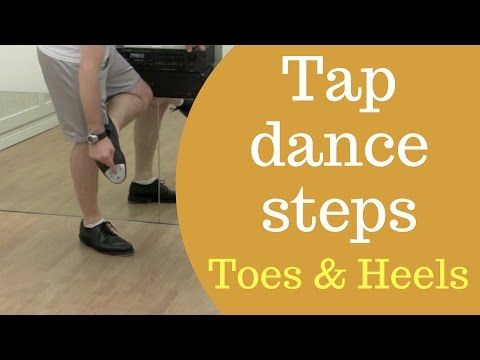 And so each leg alternates in turn. Flap is done by hitting the heel and toe of one foot, and then the other foot. Shuffle is an element that is executed when stepping forward. All these movements are worked out to automaticity, and then they are easily combined in a dance. nine0006
And so each leg alternates in turn. Flap is done by hitting the heel and toe of one foot, and then the other foot. Shuffle is an element that is executed when stepping forward. All these movements are worked out to automaticity, and then they are easily combined in a dance. nine0006
Tap-dancing rhythms
Every time a heel tap on the floor is done, and then a toe tap. And so there is an alternation between them. Learn sanchal at a slow pace and without music. Once the basics have been learned, you can turn on an easy tempo, and then a fast one.
Knowing the main movements, you can begin to combine them into a dance. Otherwise, you can improvise, showing imagination. After all, such a dance is, first of all, an art. Their elements are added to the basic methods, and a new dance is obtained. Now you can create your own individual dances, with the basics of tap dancing. nine0024 So, to learn how to tap dance you need:
• Enroll in a dance school.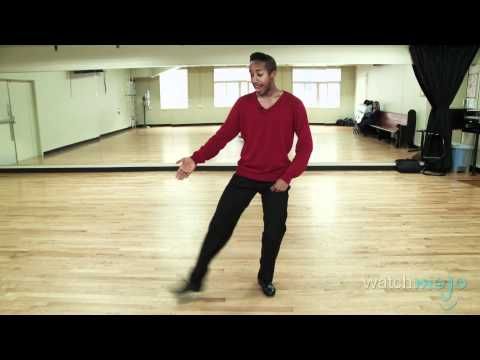
• Buy video tap dance course.
• Find a tap dance choreographer.
It is not always necessary to choose one option for tap dancing. You can enroll in a dance school and buy a course of video lessons. Thus, you can learn to dance not only at one time, at school, but also at home, according to the course of video lessons.
Like many dances, tap dancing is performed to music. If you master the dance technique well, then you can perform tap dance without music. The rhythm that will be performed during the dance will be the melody of the tap dance itself. nine0006
Learning something new, correctly combining movements and improving skills, you can achieve a lot. You can watch video lessons on the Internet, both individually and the complexity of the compositions. It is important not only to remember, but also to be able to exactly repeat the new dance movements.
It is important not only to remember, but also to be able to exactly repeat the new dance movements.
Previous articleWhen can a cat be spayed
Next articleHow to cook chicken borscht
MORE STORIES
Best type of flooring for tap
0
0
0
| Free dancing
Free dance
What is the best way to tap dance
If someone starts tap dancing, they should know that the type of floor they will be dancing on is just as important as tap shoes. The best flooring for tap dancing is one that is stable and resonant. A stable floor can withstand impact without damage. The resonant floor creates strong and deep sound tones. The resilience and resonance of a floor is determined by what it is made of, as well as by what lies beneath the surface of the floor. nine0006
nine0006
What is the best tap dance floor
Hardwood is the best choice for tap dancing
The best tap dance floor is hardwood floor such as maple or oak. Hardwood floors are less susceptible to damage than softwood floors such as pine. Maple is also a great choice for a dance floor as it is unlikely to be chipped by heels and does not need sealant to protect it from water damage and deformation. nine0006
What is the best way to tap dance
It is very important to determine the type of floor that lies under the surface on which the foot steps. If the sounds that are heard when "typing" steps are not resonant, and the pitch does not change between the heels and toes, then most likely there is a concrete floor under the tree. The concrete subfloor is very "heavy" for dancing and can lead to injury to the knees, back or legs. The best and safest floor for tap dancers is a hardwood floor with an air cushion underneath.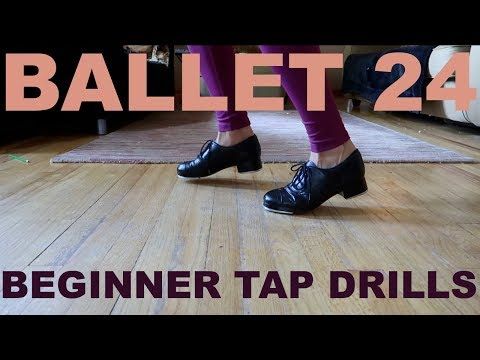
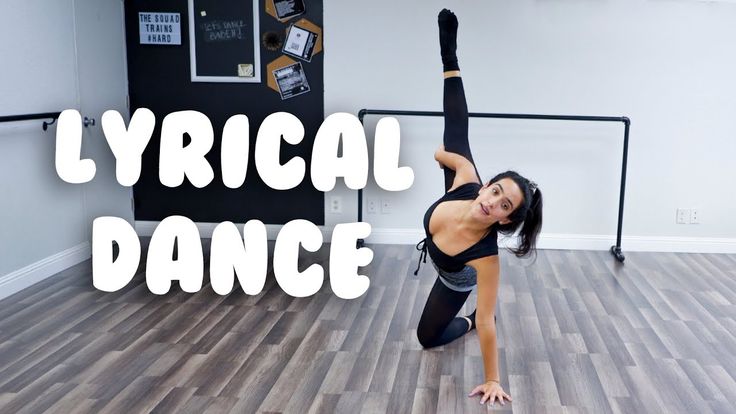 Enhancements can include attaching material to the top of the board for durability or a better tapping surface and attaching cushioning material to the bottom of the board to make tap dancing easier on your bones and joints.
Enhancements can include attaching material to the top of the board for durability or a better tapping surface and attaching cushioning material to the bottom of the board to make tap dancing easier on your bones and joints.









